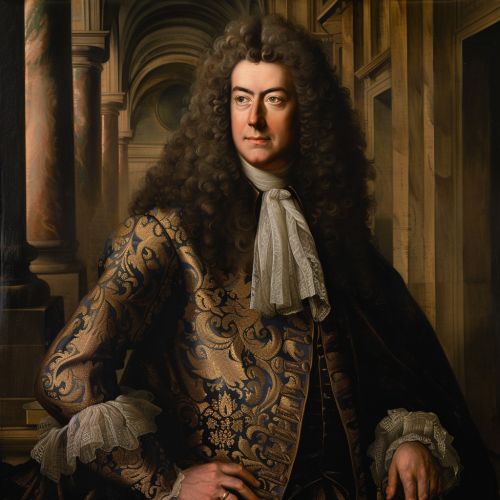Henry Purcell
Early Life
Henry Purcell was born in 1659 in St Ann's Lane, Old Pye Street, Westminster. His father, also named Henry, was a gentleman of the Chapel Royal, and sang at the coronation of King Charles II. His mother, whose name was Elizabeth, was a daughter of a Captain Peter Peters, an officer in the Royal Navy.
Musical Education
Purcell was admitted as a chorister to the Chapel Royal choir in 1669, where he studied under the organists and composers Dr. John Blow and Captain Henry Cooke. He was appointed organist of Westminster Abbey in 1679, a position he held until his death.
Career
Purcell's earliest anthem, "Lord, who can tell", was composed in 1678. He wrote several anthems at different times for the Chapel Royal, including "I was glad" and "My heart is inditing". In 1682, he was appointed organist of the Chapel Royal, an office which he was able to hold simultaneously with his position at Westminster Abbey.
His compositions for the stage began with his music for a revival of Nahum Tate's tragedy "Brutus of Alba" in 1678. From 1680 on, Purcell wrote music for seven plays. The composition of his chamber opera "Dido and Aeneas", which forms a very important landmark in the history of English dramatic music, has been attributed to this period.
Compositions
Purcell composed a vast amount of music, despite his short life. His works include over 100 songs, 60 anthems, and 50 odes. He also composed music for 40 plays, and created a significant amount of instrumental music. His most famous works include "Dido and Aeneas", "The Fairy Queen", and "King Arthur".
Death and Legacy
Purcell died in 1695 at his home in Marsham Street, at the age of 36. He was buried adjacent to the organ in Westminster Abbey. The cause of his death is unclear: some sources suggest he died of tuberculosis, while others believe he died of complications from a chill after returning home late from the theatre one night.
Purcell's legacy is significant. He is generally considered one of the greatest English composers, with a unique style that blended elements of English and French Baroque music. His works have been performed and recorded by many notable musicians and he continues to be highly regarded by critics.

